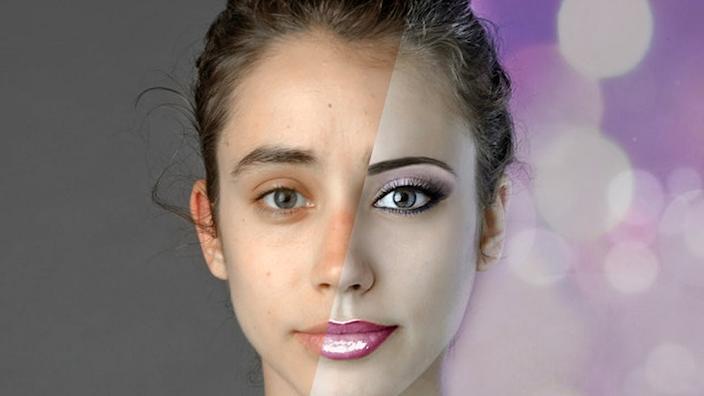One thing that kept users glued to their social media accounts in recent years is distortion filters. Popular platforms offer thousands of these beauty filters that enhance the user’s facial features, colour and add extra elements. The use of these filters among young users often impacts their self-acceptance level.
The increasing use of social media apps pushes users to scroll through various filtered photos and videos uploaded by other users and influencers. Such filtered content on the app attracts new users to use the same filter while posting their own photos and videos.
While in 2020 due to the pandemic people who were stuck at home spent more time using these apps than ever before and increased the use of the beauty filters.
Public debate about the negative impact these filters leave on users has seen a rise in recent years. In 2019, Facebook banned a filter called FixMe, which allowed app users to mark up their faces as cosmetic surgeons. The filter was considered to be encouraging plastic surgery to enhance the looks of a face by marking it.
However, a year later in August 2020, the effects were re-released by the platform with a new policy that aims to ban filters that promoted surgery. Effects in the filter that resize facial features of users were still allowed.
“We want AR effects to be a positive and safe experience for our community, while allowing creators to express their artistic perspectives. We recognize that creators predominantly use face alteration and feature augmentation to create artistic, surreal, fantasy effects that many enjoy, and that these effects are widely available across other platforms,” read the press release of Facebook.
Wearing a filter online
Young people who are in the process of working out who they are and in between navigating digital and their true self can complicate their self-understanding. The long-term impacts of these filters are not yet clear, but the way users presenting themself online and offline is impacting their anxiety and reducing self-acceptance.
Though filters improve the facial looks of users and give them some happiness, the real issue is whether all young people are able to filters impact their sense of self. When users post filtered photos they tend to receive more likes and comments. This grants validation that enhances their present face makes them more beautiful though it is virtual.
Virtual environment
Users’ behaviours change in the virtual environment with filters enhancing their physical characteristics. Such a change in behaviour is known as the Proteus effect. According to a study, “Participants who reported that they had designed their avatars to be more attractive also reported engaging in more confident and extraverted behavior when compared to their real-world behavior.”
AR future
Companies are continuing to invest heavily in their Augmented Reality department. In February 2021, Snapchat co-founder Evan Spiegel in a speech made to invest said, “our camera is already capable of extraordinary things. But it is augmented reality that’s driving our future.” He added that the company is doubling down on augmented reality in 2021.
In a blog post released in January 2021, Facebook clearly continues facial recognition as part of the company’s AR strategy. “It’s early days, but we’re intent on giving creators more to do in AR and with greater capabilities,” wrote Andrew Bosworth, the head of Facebook Reality Labs.

